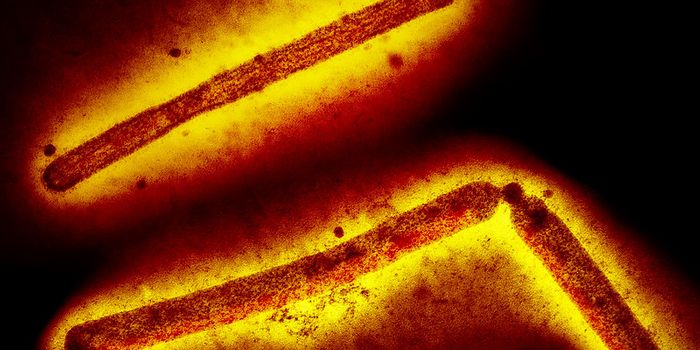Salmonella Outbreak Linked to Raw Turkey Products
Researchers at the Centers for Disease Control and Prevention (CDC) are working with public health officials in several states to learn more about an outbreak of Salmonella infections that have been linked to raw turkey. The USDA is also monitoring the situation. Efforts are being made to identify every illness that is connected with this outbreak, using DNA fingerprinting to analyze samples taken from Salmonella patients.
The CDC reports that as of July 11, 2018, there were 90 confirmed cases so far in over 25 states including California, New York, and Florida. The illnesses probably began on November 20, 2017, and have continued until at least June 29. Of the 78 cases for which details are available, 51 percent, or forty people, have been hospitalized.
The original source, or a single supplier of the contaminated turkey has not yet been found. The CDC advises that people use proper precautions when handling any kinds of raw meat. They have not yet suggested that people have to stop consuming turkey that has been prepared under the right conditions.
Take the following steps to protect yourself from this and other foodborne illnesses. Wash your hands before and after you have used the restroom, changed diapers, had contact with animals, or prepared food. Make sure that meat is thoroughly cooked, which will kill most pathogenic microbes; an internal temperature of 165°F will eliminate them. If reheating leftovers, heat them to 165°F. Use caution to prevent cross-contamination; different cutting boards should be used for raw meats and other foods. Cutting boards used for meats must be washed thoroughly. Lastly, the CDC suggests that pets not be fed raw meat. Germs in raw meat can make pets sick, and handling that stuff can make people sick too.
Salmonella infections typically cause a short illness that does not require treatment. More severe cases can usually be treated successfully with antibiotics. Children or people with weak immune systems can be at greater risk, however.
In this outbreak, some of the samples have indicated that the pathogenic bacteria are resistant to up to six types of antibiotics. While those antibiotics are not typically used to treat Salmonella infections and it will not interfere with treatment in these cases, it shows that more bacteria are carrying around resistance genes, and they can transfer those genes to other microbes.
Source: CDC








